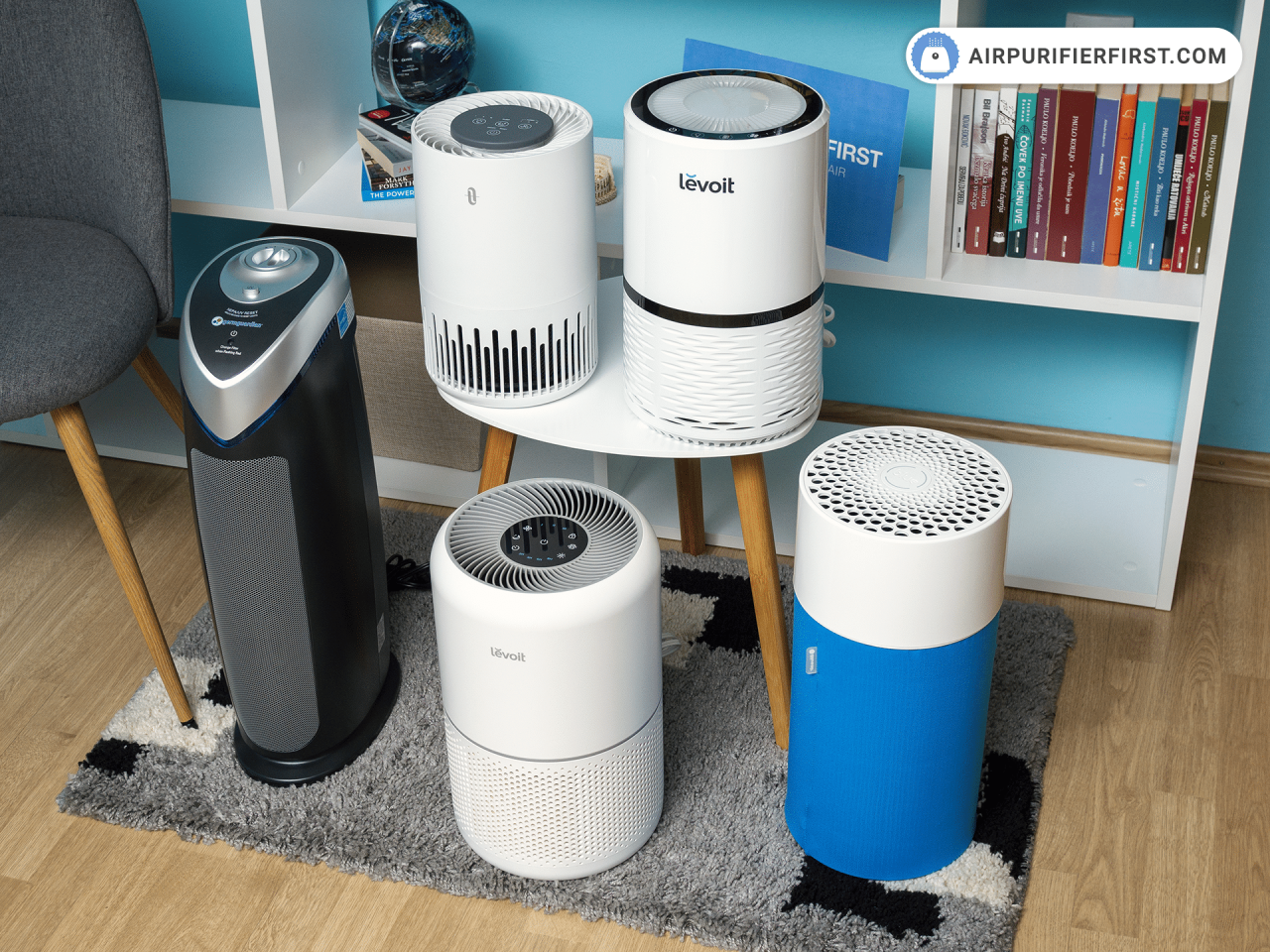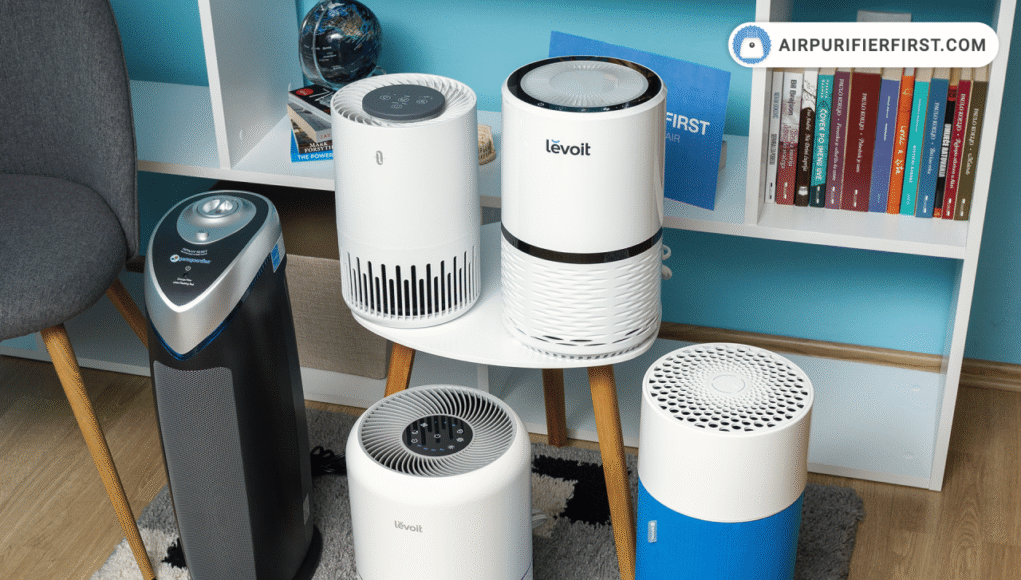Air Purifier Face Off Budget vs Premium Models sets the stage for an engaging exploration of the differences between affordable and high-end air purifiers. As indoor air quality becomes increasingly important, understanding the options available can help consumers make informed choices. This discussion highlights the key features, benefits, and shortcomings of both budget and premium models, ensuring you know exactly what you’re investing in for a cleaner home.
Whether you’re looking for cost-effective solutions or premium performance, this analysis will guide you through the maze of options and help you determine which air purifier best suits your needs.
In a fast-paced world filled with distractions and constant demands on our attention, the concept of mindful living has emerged as a powerful antidote. Mindfulness, rooted in ancient meditation practices, encourages individuals to cultivate a heightened awareness of the present moment. This article delves into the essence of mindful living, its benefits, and practical steps to incorporate mindfulness into daily life.
Understanding Mindfulness: Air Purifier Face Off Budget Vs Premium Models
At its core, mindfulness is about being fully present and engaged in the here and now, without judgment. It invites us to observe our thoughts, feelings, and surroundings with a sense of curiosity and acceptance. Unlike the mind’s tendency to dwell on the past or worry about the future, mindfulness encourages us to anchor ourselves in the present moment.
Historically, mindfulness has its roots in Buddhist traditions, where it was practiced as a means of achieving enlightenment. In contemporary times, however, mindfulness has transcended its spiritual origins and found applications in various areas, including psychology, healthcare, and education. The practice has been embraced by millions worldwide, recognizing its profound impact on mental well-being and overall quality of life.
The Benefits of Mindful Living
Engaging in mindfulness offers a plethora of benefits, both psychological and physical. Here are some notable advantages:
- Reduced Stress: Mindfulness helps mitigate stress by promoting relaxation and reducing the body’s stress response. Regular practice can lead to lower levels of cortisol, the stress hormone.
- Enhanced Focus: By training our minds to concentrate on the present, mindfulness improves our ability to focus and decreases mind-wandering, which can boost productivity and creativity.
- Emotional Regulation: Mindfulness encourages us to observe our emotions without judgment, allowing for healthier emotional responses. This can lead to improved relationships and better conflict resolution.
- Improved Well-Being: Practicing mindfulness has been linked to higher levels of overall life satisfaction and well-being. It cultivates a sense of gratitude and appreciation for everyday experiences.
- Better Physical Health: Mindfulness has been shown to have positive effects on physical health, including reduced blood pressure, improved sleep quality, and enhanced immune function.
Practical Steps to Incorporate Mindfulness into Daily Life
Incorporating mindfulness into your daily routine doesn’t have to be complicated. Here are some practical steps to get started:
1. Start with Your Breath
One of the simplest ways to practice mindfulness is by focusing on your breath. Set aside a few moments each day to sit quietly and pay attention to your inhalations and exhalations. Notice how your breath feels as it enters and leaves your body. If your mind wanders, gently bring your focus back to your breath.

2. Practice Mindful Eating
Transform everyday meals into mindful experiences. Sit down without distractions, savor each bite, and pay attention to the flavors, textures, and aromas of your food. This practice not only enhances your enjoyment of meals but also promotes healthier eating habits.
3. Engage in Mindful Walking
Turn a simple walk into a mindfulness exercise. As you walk, focus on the sensation of your feet touching the ground, the rhythm of your breath, and the sights and sounds around you. This practice helps ground you in the present and fosters a deeper connection with nature.
4. Set Mindful Intentions, Air Purifier Face Off Budget vs Premium Models
At the beginning of each day, take a moment to set intentions for how you want to approach the day. These intentions can be as simple as being more patient or expressing gratitude. Remind yourself of these intentions throughout the day to help maintain your mindful focus.
5. Create Mindful Routines
Incorporate mindfulness into your daily routines, whether it’s during your morning coffee, while commuting, or before bed. Use these moments to check in with yourself, breathe deeply, and bring your awareness to the present.
6. Explore Guided Meditations
If you’re new to mindfulness or meditation, consider exploring guided meditations. Many apps and online resources offer a variety of meditation styles, ranging from short sessions to longer practices. These can provide structure and support as you develop your mindfulness practice.
Overcoming Challenges in Mindfulness Practice
While the benefits of mindfulness are compelling, many individuals encounter obstacles when trying to maintain a regular practice. Here are some common challenges and tips to overcome them:
Lack of Time
Many people feel they don’t have enough time to practice mindfulness. To address this, start small. Even a few minutes of mindful breathing or a short guided meditation can be beneficial. Gradually increase the time as you become more comfortable with the practice.
Restlessness
It’s natural to feel restless or fidgety when you first begin practicing mindfulness. Instead of fighting these feelings, acknowledge them and gently return your focus to your breath or your surroundings. With time, your ability to remain still and centered will likely improve.
Self-Judgment
Mindfulness is about non-judgmental awareness. If you find yourself judging your thoughts or experiences during practice, remind yourself that it’s okay. Simply observe those judgments and allow them to pass without attachment.
Maintaining Consistency
Establishing a consistent mindfulness practice can be challenging. To help build this habit, consider scheduling mindfulness sessions into your daily routine, just as you would with any other important appointment. Consistency will reinforce the practice and make it a natural part of your life.
The Science Behind Mindfulness
Research into mindfulness has exploded in recent years, revealing its physiological and psychological benefits. Studies have shown that mindfulness practices can lead to changes in brain structure, including increased gray matter density in areas associated with emotional regulation and self-awareness.
Moreover, mindfulness has been linked to neuroplasticity, the brain’s ability to adapt and reorganize itself in response to experience. This means that as we practice mindfulness and cultivate awareness, we can create lasting changes in our brain that enhance our mental well-being.
Conclusion: Embracing Mindful Living
Mindful living is a transformative practice that can lead to profound changes in how we experience life. By embracing the present moment and cultivating awareness, we can reduce stress, enhance focus, and improve our overall well-being. Whether you begin with simple breath awareness or engage in more structured mindfulness practices, the journey toward mindful living is one of compassion, discovery, and growth.
As you explore this path, remember that mindfulness is not about perfection; it’s about presence. With patience, practice, and a willingness to embrace the present, you can unlock the many benefits of mindful living and enrich your life in remarkable ways.
Common Queries
What is the main difference between budget and premium air purifiers?
Budget air purifiers typically offer basic filtration while premium models may include advanced features like HEPA filters, smart technology, and enhanced air quality sensors.
Are budget air purifiers effective?
Yes, budget air purifiers can be effective for general air cleaning, but they may not remove allergens or pollutants as efficiently as premium models.
How long do air purifiers last?
Most air purifiers can last anywhere from 5 to 10 years, depending on usage, maintenance, and build quality.
Do I need to replace filters often in budget models?
Yes, budget models may require more frequent filter replacements, which can add to overall costs.
Can a premium air purifier significantly improve air quality?
Yes, premium air purifiers usually come equipped with advanced filtration systems that can effectively reduce a wide range of airborne pollutants, leading to improved air quality.






